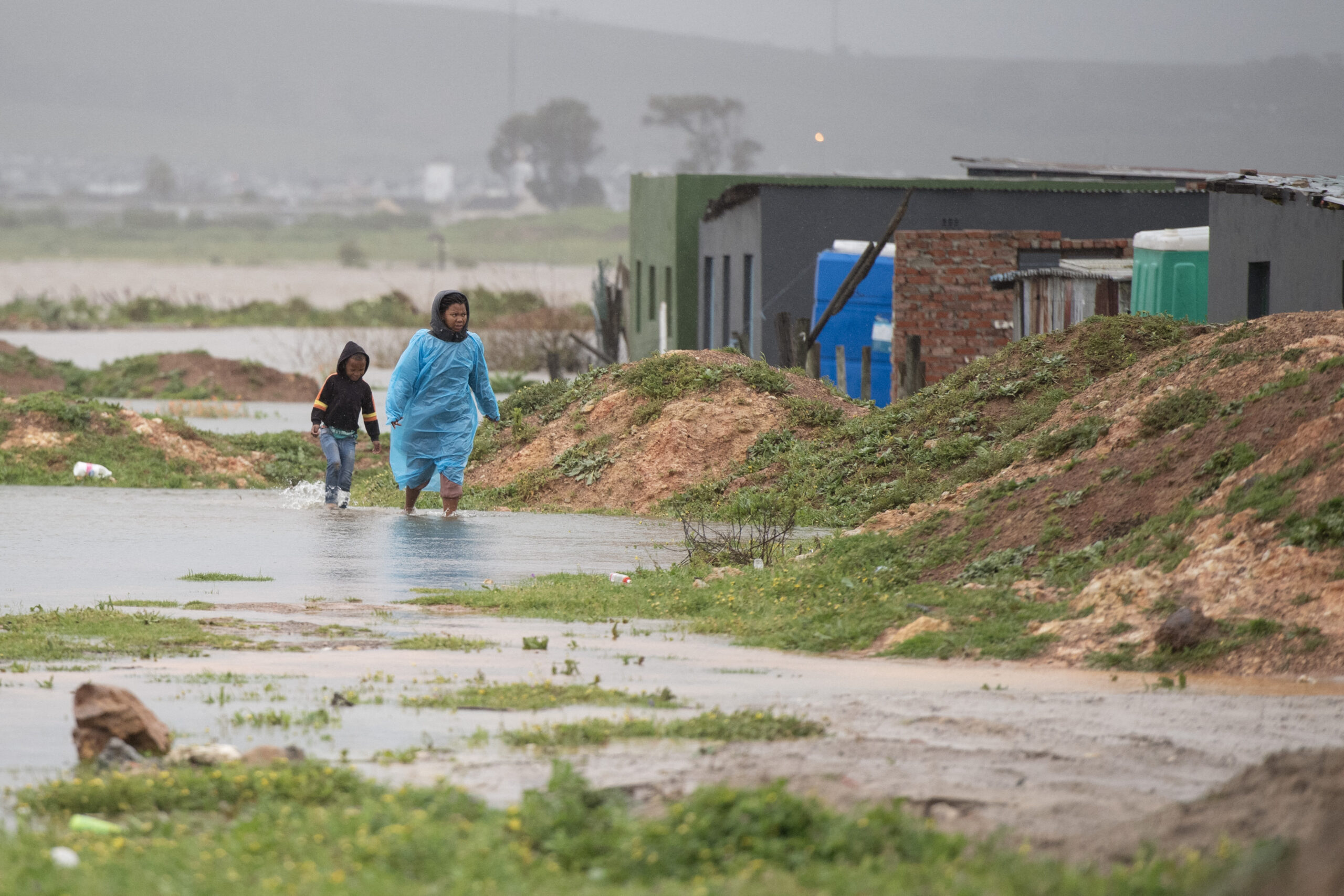World
South Africa Advised by World Bank on Climate Insurance, Contingency Fund Options

The World Bank is advising South Africa’s National Treasury on a climate risk strategy after floods in recent years caused billions of dollars of damage.
The country may take out climate insurance or establish a contingency fund to deal with major adverse weather events, a person familiar with the matter said, asking not to be identified as a public announcement hasn’t been made. Municipalities could also be incentivized to invest in infrastructure and other measures to reduce the impact of unexpected weather events, the person said.
“National Treasury is receiving technical support from the World Bank to develop the disaster risk response strategy (covering all organs of state) which will address any gaps in financing, flow of funds and data for effective monitoring,” the agency said in a response to questions.
The plan comes two years after torrential rainfall in the southeastern province of KwaZulu-Natal killed more than 450 people and caused $2 billion of damage, according to research by Johannesburg’s University of the Witwatersrand. Scientists collaborating under the World Weather Attribution initiative attributed the deluge caused by more than 350 millimeters (14 inches) of rain over two days to climate change.
The World Bank didn’t respond to a request for comment.
More than 4,000 houses were destroyed, bridges were washed away, operations at the country’s biggest port in the city of Durban were impacted and a Toyota Motor Corp. plant was damaged.
The province has since been hit by other severe floods, as have the Western Cape and the Eastern Cape provinces, while wildfires torched 1.8 million hectares (4.45 million acres) of grazing land across three provinces — North West, Free State and the Northern Cape — last year.
Under the current proposals, the government would cover the cost of more frequent, less severe disasters and use insurance or a fund to pay for catastrophic events, the person said.
Setting up a bulwark against the impact of weather disasters would be another step taken by the government to tackle the impacts of global warming. The country has set ambitious targets to reduce greenhouse gas emissions and won a pledge of $9.3 billion from some of the world’s richest countries to help reduce its reliance on coal for electricity generation.
The plan is separate to the possible establishment of a climate change response fund that was announced by President Cyril Ramaphosa in his state-of-the-nation address in February. That initiative is being explored by the Department of Forestry, Fisheries and the Environment.
Photograph: People walk through water and mud during heavy flooding near Somerset West, South Africa, in September 2023. Photo credit: Rodger Bosch/AFP/Getty Images
Copyright 2024 Bloomberg.
The most important insurance news,in your inbox every business day.
Get the insurance industry’s trusted newsletter








